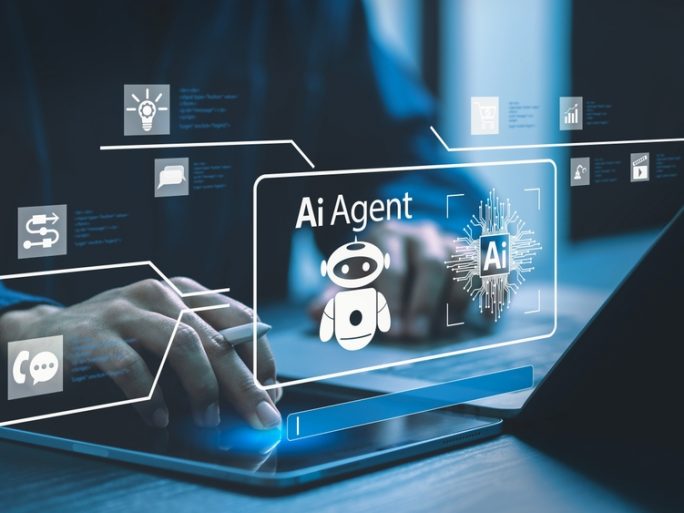Gartner: Over 40 Percent of Agentic AI Projects Will Be Discontinued by the End of 2027

Rising Costs, Unclear Business Value, and Insufficient Risk Controls Among the Main Reasons
“Most of these projects are still in their early stages — they are often experiments or proof-of-concepts that emerged from the current hype and are frequently misapplied,” explains Anushree Verma, Senior Director Analyst at Gartner. “As a result, many companies underestimate the true costs and complexity of deploying AI agents at scale — which means many of these projects never make it into full production. It’s essential to see through the hype and make strategically sound decisions about where and how this new technology can genuinely add value.”
A Gartner survey of 3,412 participants from a webinar held in January 2025 reveals: 19 percent of respondents stated that their organization has already made significant investments in agentic AI. 42 percent reported more cautious investments. 8 percent had not invested at all. The remaining third were either undecided or taking a wait-and-see approach.
Agent Washing
Another driver of the hype is so-called “Agent Washing” — where vendors rebrand existing technologies such as AI assistants, robotic process automation (RPA), or chatbots as supposedly agent-based solutions, even though they often lack the defining characteristics of true agents. Gartner estimates that of the thousands of providers in the market, only around 130 actually offer genuine agent-based AI technologies.
“Most of the solutions currently available lack substantial benefits or a real return on investment (ROI),” Verma emphasizes. “The underlying models are still technically immature. They lack the autonomous capabilities required to independently achieve complex business objectives and are unable to reliably follow nuanced instructions over an extended period. Many use cases being marketed as agent-based today do not, in fact, require agent-based implementations.”
Agentic AI Holds Potential
Despite these initial hurdles, Gartner sees agentic AI as marking a significant advancement in AI capabilities, opening up new market opportunities. It offers the potential to use resources more efficiently, automate complex tasks, and drive innovation in day-to-day business — far beyond what traditional, script-based automation bots or virtual assistants can currently achieve.
Gartner forecasts that by 2028, at least 15 percent of all daily business decisions will be made autonomously by agentic AI. Furthermore, by 2028, around one-third of all enterprise software applications are expected to incorporate agentic AI components.
Added Value and ROI Must Be Demonstrable
In this current early phase, Gartner recommends deploying agentic AI only where it can deliver clear added value or demonstrable ROI. Integration into existing (often legacy) systems is frequently technically challenging, can significantly disrupt current operations, and often requires costly adjustments. In many cases, fundamentally redesigning workflows is the more effective strategy for successful implementation.
“To fully unlock the benefits of agentic AI, companies should look beyond automating isolated tasks and focus on enhancing productivity at the organizational level,” says Verma. “A good starting point is using AI agents in decision-making processes, automating routine operations, or handling simple inquiries. The goal is to maximize business value — whether through lower costs, improved quality, greater speed, or better scalability.”